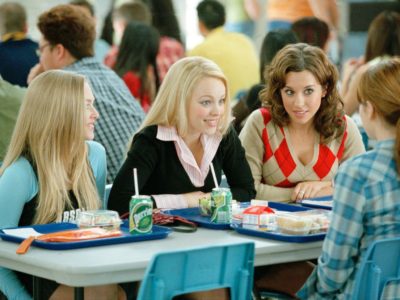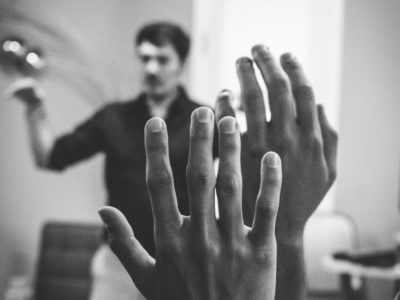If I remarked on my college experience, there are a number of things that I could mention. From the great strain of COVID, the snowstorm that caused us to lose water, long nights trying desperately to understand poetry or the time that my roommate and I danced barefoot in the rain, endless memories fill those four years. But somehow, the most impactful thing that happened in college was reading Sylvia Plath and a letter a professor penned to me.
A few choices in life are abundantly clear. For me, I always knew that I wanted to be a writer in some capacity. In some way.

Most of the time, though, the choices aren’t so clear. When I graduated high school, I had no idea what my next step was supposed to be. The future was absolutely daunting. So I took a gap year and started working at a clothing store. After that, community college was the next step. Still, I wondered what I should do next. I kept coming back to the decision that I wanted to be a writer, but I didn’t even know if I should continue college or jump straight into a career.
Then, a few semesters in, I started reading Sylvia Plath. The Bell Jar to be exact. The main character, Esther, a girl in college herself, wrote about seeing this fig tree branching out in all directions. All the different figs were beautiful and glorious with choices and possibilities and futures. But as she sits there, she remarks, “I saw myself sitting in the crotch of this fig tree, starving to death, just because I couldn’t make up my mind which of the figs I would choose. I wanted each and every one of them, but choosing one meant losing all the rest, and, as I sat there, unable to decide, the figs began to wrinkle and go black, and one by one, they plopped to the ground at my feet” (Plath 77).
I never resonated with something so much in my life.

At every turn, I yearned for a good future and felt anxious and guilty at each decision I made. What if I had not picked the right fig? What if I was not supposed to pick English as a minor? Or not been involved in enough activities? And what if I never made another decision, and all the figs just withered away into nothing?
And in the end of the novel, Esther only decides not to get married. She narrowed down her fig tree by one choice, but the rest still hung over her head.
Could I pick a fig myself or would I become Esther?

Later, I got a letter from the professor who taught me Sylvia Plath’s The Bell Jar. We hadn’t talked that much, but nestled in the letter sat a rebuttal against the endless fig tree mentality. He told me that Esther’s fig tree is the same fig tree that I was staring at, but the difference was that I didn’t have the overwhelming pressure to make sure I was choosing the right branch or fig. I didn’t need to keep narrowing them down as Esther, I just needed to pick one and roll with it. And even if that choice didn’t work out, then a little re-calibration was necessary, and another decision. That realization was freeing.
A few choices in my life were clearly wrong or right, but a lot were muddy choices with no clear answer. But instead of staring at a sea of choices, paralyzed, I can make decisions, and mistakes and victories. I’m not Esther. I’m not destined to have my fig tree wither, just destined to make a lot of decisions.
He told me, “There are a billion wonderful things you can do with your life, you just need to pick a couple and pursue them.”
Just choose. And so I do.



















